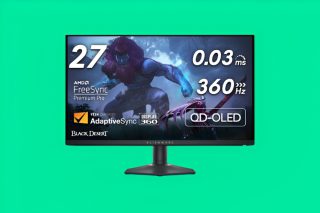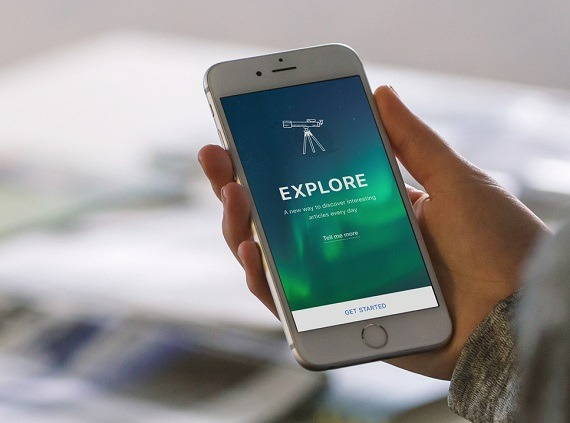Your iPhone’s walled garden just got a few cracks in it—at least if you live in Australia. Federal Court Justice Jonathan Beach delivered Epic Games a partial victory this week, finding that both Apple and Google engaged in anti-competitive conduct by misusing their market power in app distribution and payment systems. Think of it as the legal equivalent of finally getting that stubborn jar open after years of struggling.
The ruling (with detailed written judgments exceeding 900 pages per company) found both tech giants violated “misuse of market power” provisions under Australian competition law. Epic didn’t get everything they wanted—the court rejected claims of “unconscionable conduct”—but this partial win opens doors that have been locked tight since 2020.
“The App Store is the safest way for users to get apps,” Apple told ABC News, maintaining their security-first stance while strongly disagreeing with parts of the ruling.
What This Actually Means for Your Phone
Real-world implications emerge from complex legal findings
Here’s where things get interesting for Australian users:
- Fortnite returns to iOS: Epic announced the game will be back on the App Store “soon”
- Payment options could expand: The ruling challenges mandatory use of Apple and Google’s payment systems [Rumor/Unconfirmed – scope depends on final orders]
- Developer relief: Class action lawsuits seeking hundreds of millions in compensation can now proceed
- Third-party store possibilities: Though limited, the door opens for alternative app distribution [Rumor/Unconfirmed – pending final court orders]
Google welcomed the court’s rejection of Epic’s demand to force distribution of competing app stores within Google Play, but disagreed with findings about their billing policies. It’s like getting a mixed report card—some wins, some losses, and plenty of room for appeals.
This ruling follows Epic’s 2023 jury victory against Google in the U.S., creating a pattern that’s making platform holders nervous worldwide. The European Union already mandated Apple to allow alternative payment methods under the Digital Markets Act, and now Australia joins the growing chorus demanding change.
The Bigger Picture Beyond Gaming
Platform control debate extends far beyond mobile gaming
Don’t mistake this for just another gaming industry squabble. This case represents a fundamental question about digital platform control that affects every app on your phone. When Epic added direct payments to Fortnite in 2020—bypassing Apple and Google’s cut—they sparked a global conversation about platform fees, developer freedom, and consumer choice.
The timing couldn’t be more relevant. As subscription fatigue hits peak levels and app prices continue climbing, alternative payment methods could offer real savings. Australian developers and consumers now have legal backing to demand better terms from platform holders who’ve enjoyed unchecked control for over a decade.
Both Apple and Google will likely appeal, meaning this legal drama has more seasons ahead. But for now, Australian users can look forward to seeing Fortnite back on their iPhones—and potentially more choice in how they pay for digital content.




























